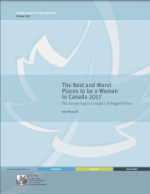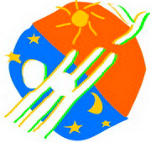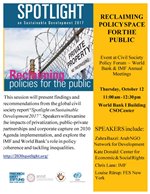Published on Sun, 2017-10-22 08:24
The Cypriot government strongly supported the process of developing the post-2015 sustainable development agenda and has repeatedly expressed its commitment to the implementation of the Sustainable Development Goals (SDGs). However, it has yet to adopt a comprehensive policy framework for implementation of the goals in the national context, concludes the independent report contributed by the Center for the Advancement of Research & Development (CARDET), a member of the global Social Watch network. This report discusses the progress made towards a national strategic framework for the implementation of the SDGs and identifies the steps taken, the challenges and opportunities as well as the issue of budgeting. As Cyprus is a divided country looking for reunification, the SDGs could act as catalyst during the implementation of a solution to the national problem. |
|
Published on Thu, 2017-10-19 16:47
The International Monetary Fund (IMF) should change its priorities and finally let go of the outdated conditionalities of privatization, deregulation of markets, and "austerity" in social services, which in the past have engendered human rights violations, and instead make loans subject to a new set of conditions. This is the view of the Independent Expert on the promotion of a democratic and equitable international order, Mr Alfred de Zayas (of the United States), in a report presented to the seventy-second session of the UN General Assembly in New York. |
Published on Thu, 2017-10-19 16:41
Yesterday, Canadian Centre for Policy Alternatives (CCPA) released their ranking of the best and worst cities to be a woman in Canada. The report, by CCPA senior researcher Kate McInturff, is now in its fourth year and provides an important snapshot of the discrimination faced by women across the country—underemployment, a persistent wage gap, and life-threatening barriers when it comes to health, personal security, and more. It is also a wake-up call—a reminder that in the absence of meaningful government intervention, Canada’s gender gap has persisted. |
Published on Tue, 2017-10-17 09:57
Peace is the main issue to be highlighted this October 17 during the International Day for the Eradication of Poverty, explains Donald Lee, president of the international committee that is organizing simultaneous activities in Manila, Dublin, Dakar, New York, Paris and Guatemala. Thirty years ago Father Joseph Wresinski launched a Call to Action declaring that “Wherever men and women are condemned to live in extreme poverty, human rights are violated. |
Published on Thu, 2017-10-12 00:00
This session will present findings and recommendations from the global civil society report "Spotlight on Sustainable Development 2017" at the Civil Society Forum at the Annual Meetings of IMF and World Bank. Speakers will examine the impacts of privatization, public-private partnerships and corporate capture on 2030 Agenda implementation, and explore the IMF and World Bank's role in policy coherence and tackling inequalities. At the event, contributors will present and discuss key findings and recommendations of this year’s report. |
SUSCRIBE TO OUR NEWSLETTER






